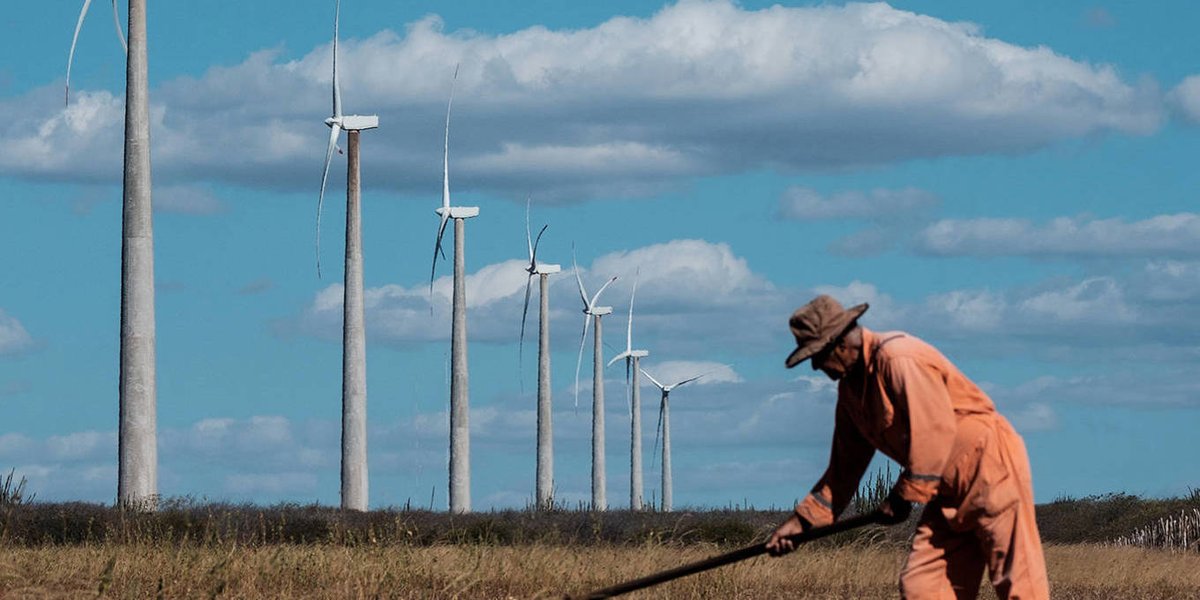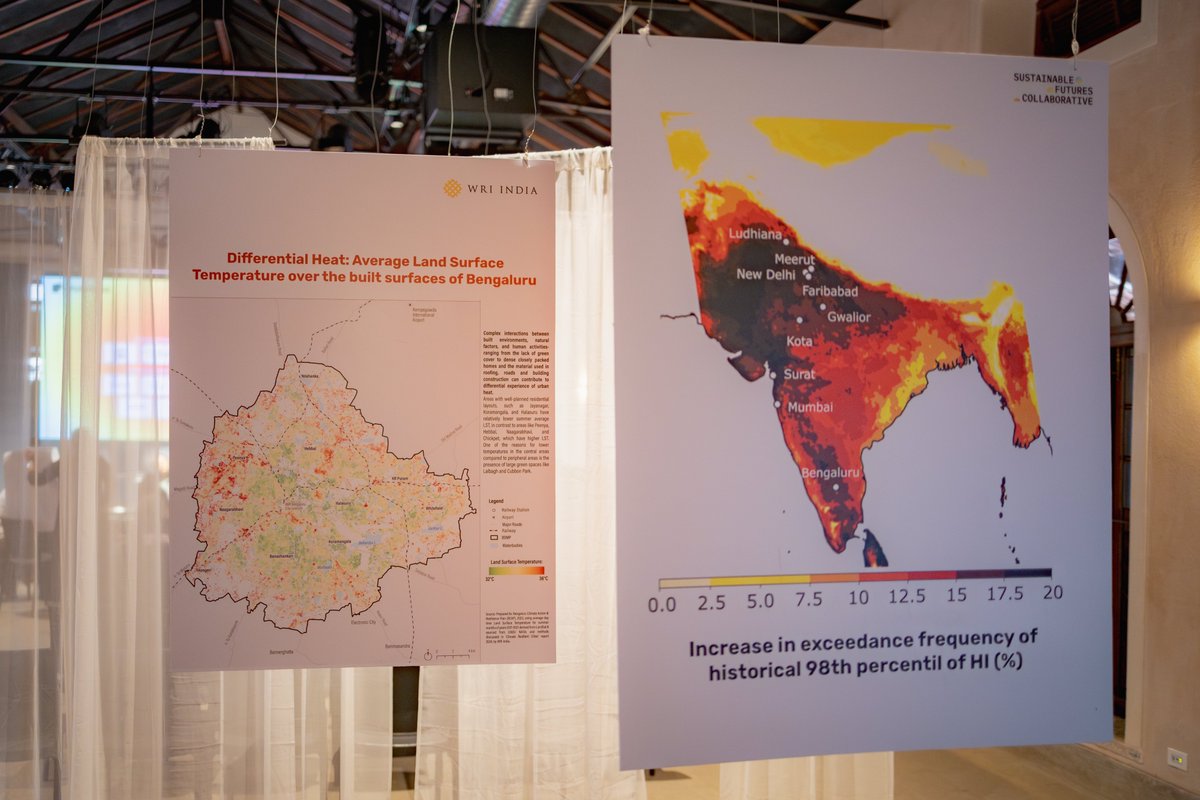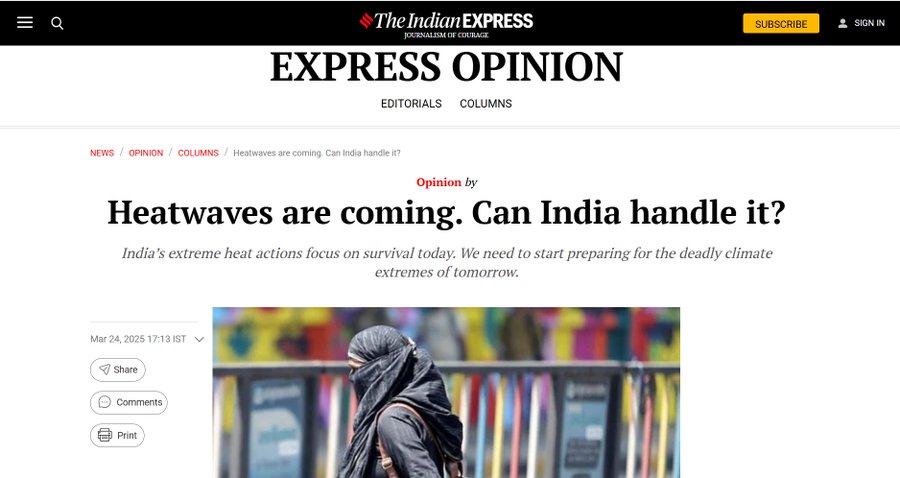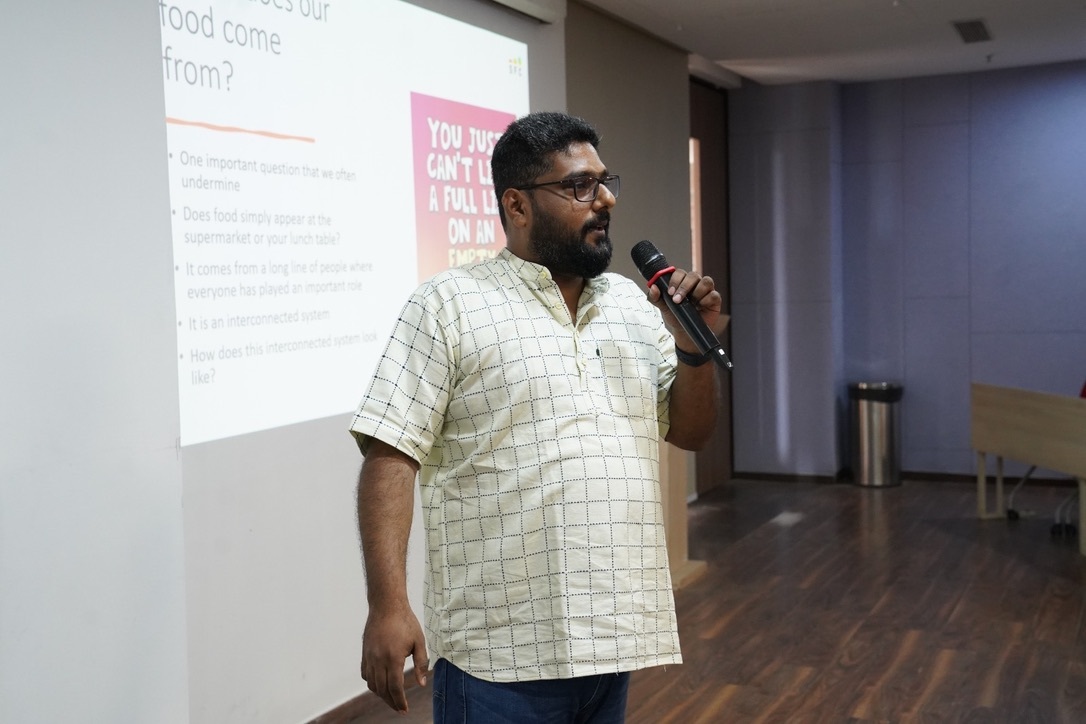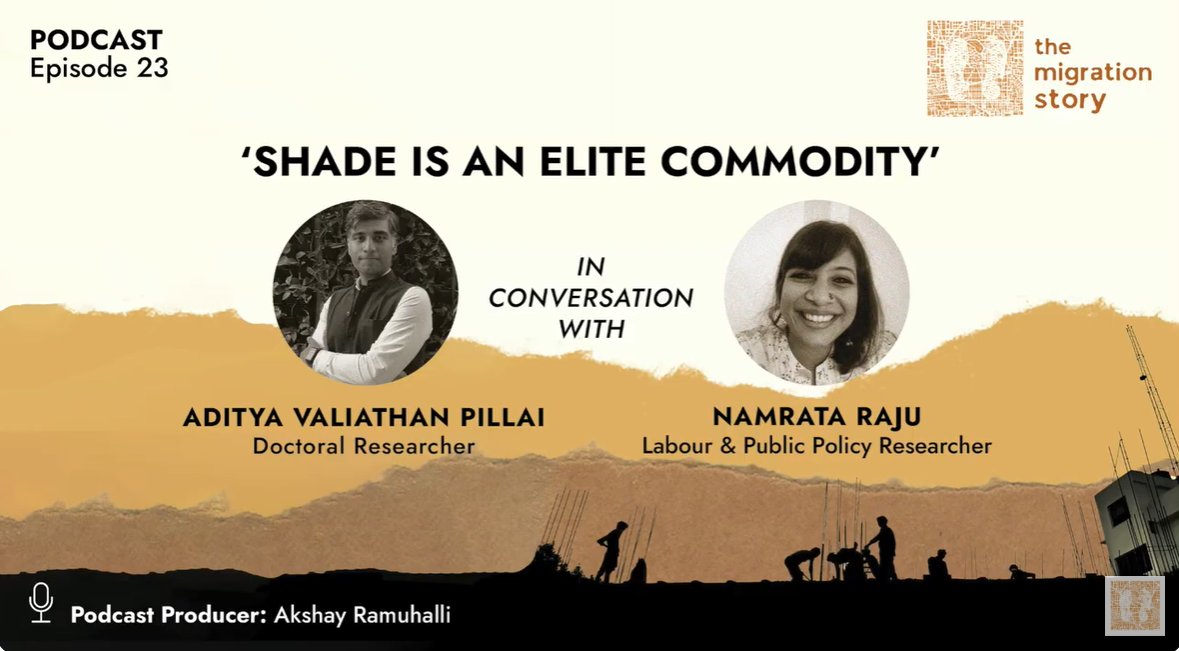
Sustainable Futures Collaborative
@sfc_india
Independent research organisation analysing frontier issues in climate change, energy, and environment. Sign up for updates: eepurl.com/iDQDtA
ID: 1722144907157262336
https://www.sustainablefutures.org/ 08-11-2023 06:52:41
446 Tweet
2,2K Followers
3,3K Following

Our work to map the scale and impact of #heat is featured in India Climate Collaborative’s May 2025 newsletter. We share insights from our ongoing research, highlight priority areas for funders, and outline the support research actors need to tackle extreme heat in India. “The urgency to



Our work to map the scale and impact of #heat is featured in India Climate Collaborative May 2025 newsletter. We share insights from our ongoing research, highlight priority areas for funders, and outline the support research actors need to tackle extreme heat in India. Read the full piece




A recent study in Environment International examined 3.6M+ deaths across 10 Indian cities and found that #heat-related mortality was 1.5x higher during extreme PM2.5 #pollution. The authors call for efforts to reduce common sources of air pollution and climate change to immediately lower





